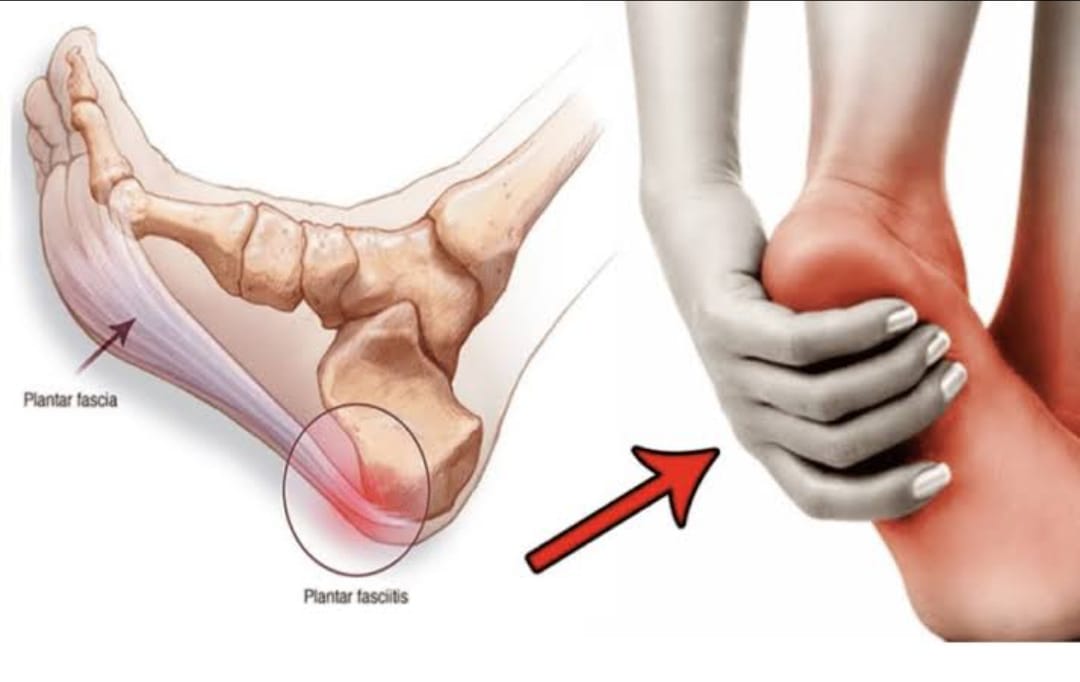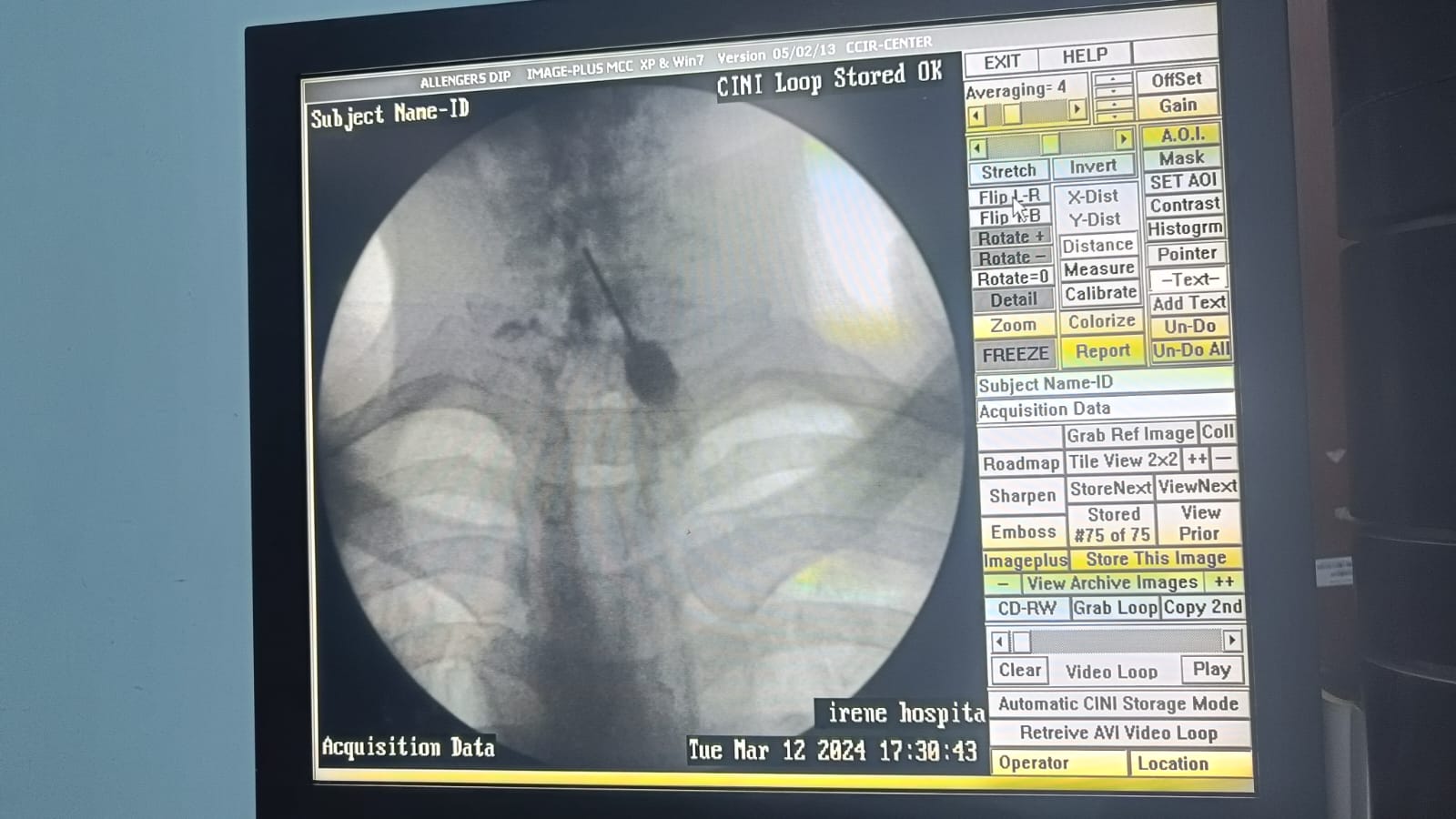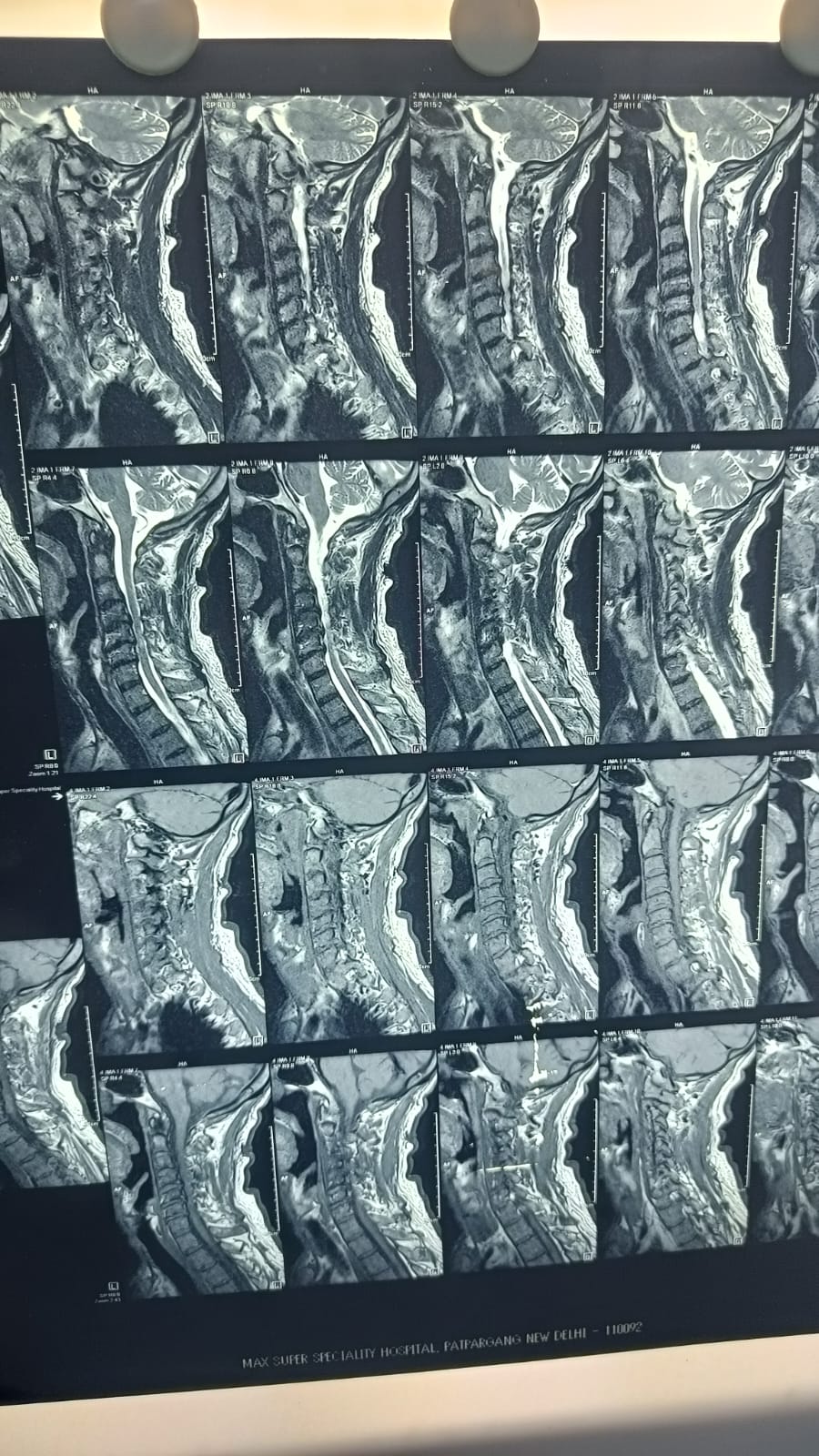Food Pain

Understanding Food Pain
Food pain refers to discomfort or soreness experienced in the stomach area due to various underlying factors. Certain foods can trigger digestive issues, leading to pain, bloating, and discomfort. Understanding the relationship between diet and digestive health is essential for identifying trigger foods and managing food-related pain effectively.
Common Trigger Foods:
Some common trigger foods for food pain include:
- Spicy foods
- Fatty or greasy foods
- Dairy products
- Citrus fruits
- Carbonated beverages
- Artificial sweeteners
- Caffeine
- Alcohol
Symptoms and Management:
Symptoms of food pain may include:
- Abdominal pain or cramping
- Bloating or gas
- Nausea or vomiting
- Diarrhea or constipation
- Heartburn or acid reflux
- Indigestion
- Loss of appetite
Managing food pain involves identifying trigger foods, maintaining a food diary, and making dietary modifications to avoid discomfort. It's also important to eat smaller, more frequent meals and chew food slowly to aid digestion. Seeking medical advice for severe or persistent symptoms is advisable to rule out underlying digestive conditions and receive appropriate treatment.
Preventive Measures:
To prevent food pain, consider the following:
- Avoid trigger foods identified through trial and error.
- Incorporate more fiber-rich foods into your diet to aid digestion.
- Stay hydrated by drinking an adequate amount of water throughout the day.
- Practice mindful eating and pay attention to portion sizes.
- Manage stress levels as stress can exacerbate digestive issues.
- Engage in regular physical activity to promote healthy digestion.
Seeking Professional Help:
If you experience persistent or severe food pain, it's crucial to seek professional help. A gastroenterologist or a dietitian can provide personalized advice and treatment options tailored to your specific condition and dietary needs. Diagnostic tests such as endoscopy, ultrasound, or blood tests may be recommended to evaluate your digestive health comprehensively.
Remember, addressing food pain promptly can improve your quality of life and prevent potential complications associated with untreated digestive issues. By working closely with healthcare professionals and making lifestyle modifications, you can effectively manage food-related discomfort and enjoy a healthier, more enjoyable eating experience.




